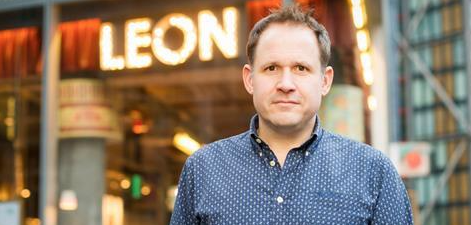
Spoon full of sugar could cost lot more


Nany-state scheme would cost shoppers £4.8billion a year according to John O’Connell head of the Taxpayer’s alliance who said “ This is yet another case of middle-class meddling that will hit the poorest families hardest”.
The processed food market is valued £200 billion and the food and drink service sector is close to 70 billion. During pandemic British meat along with cooking from scratch at home, has had a rejuvenation among consumers as during the first lockdown we noticed mince meat flew off the supermarket shelves and caused what is known as “carcase imbalance”. With the proposed tax prices for products like sausage rolls, pasties, pies, croissants pain au chocolat, flapjacks, nutrition bars, seeds and nut snacks, biscuits, cookies, cakes and brownies all will shoot up.
Consumption of sugary drinks might lead to an estimated 200 000 deaths each year worldwide.
Government Food Tsar Henry Dimbleby, and multimillionaire founder of the Leon fast food chain unveiled plans to levy tax for the £6-a-kilo salty treats and a £3-a-kilo sugary food levy. ~We must cease the moment to build a better food system for our children and grandchildren”.
Crisps, crumpets, jam and sweet addict would have cough out more for every day foods.
He insisted Brits must slash the amount of meat they consume by 30 per cent and suggested families swap sausages for insects or artificial meat like quorn -meat substitute product which has a great taste and texture.
GP’s prescribe fruit and veg to obese people while free school meals should be extended to all kids in families on universal credit earning up to £20, 000 a year.- around 1,1million extra children.
Dr Eammon Butler, director of Think tank the Adam Smith Institute said “ the Prime Minister must act against increasing the cost of food while ruining its taste, at a time when many Brits are already worried about inflation, the last thing they need is Henry Dimbleby pinching more of their hard-earned money”. He warned the tax could fuel shrinkflation, with companies reducing the size of crisp packets and chocolate bars to eventually escape too much tax.
